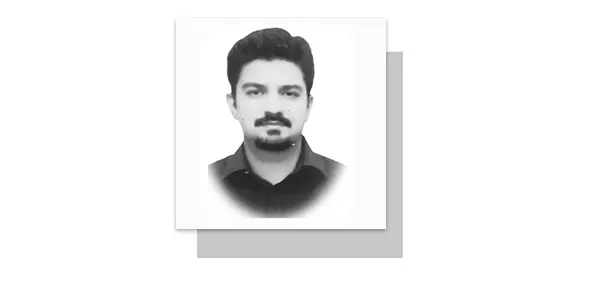IN a rapidly evolving world, the concept of lifestyle medicine emerges as a beacon of hope, emphasizing prevention and holistic well-being. At its core, lifestyle medicine encompasses six pillars: nutrition, exercise, sleep, stress management, social connection, and substance use. These principles underscore the profound impact of lifestyle choices on health outcomes, advocating for proactive measures to promote longevity and vitality.
In Pakistan, the urgency for embracing lifestyle medicine has never been greater. The nation grapples with a triple burden of disease, comprising non-communicable diseases (NCDs), infectious diseases, and accidents/injuries. Among NCDs, diabetes reigns supreme, with Pakistan bearing the unfortunate distinction of having one of the highest prevalence rates in the world. Hypertension, heart diseases, osteoarthritis, and other chronic conditions further compound the health landscape, imposing significant burdens on individuals and healthcare systems alike. Concurrently, infectious diseases such as hepatitis C and tuberculosis continue to pose formidable challenges, necessitating comprehensive public health interventions.
Integral to understanding Pakistan’s health paradigm is the cultural centrality of food. In this vibrant nation, culinary traditions transcend mere sustenance; they serve as conduits for celebration, mourning, and social exchange. However, amidst the richness of Pakistani cuisine lies a double-edged sword: excessive consumption and unhealthy dietary patterns contribute to the burgeoning burden of chronic diseases. Furthermore, the lack of a robust exercise culture, particularly among women, exacerbates health disparities and impedes efforts to promote physical well-being.
Compounding these challenges is the looming specter of mental health issues, often overlooked and stigmatized in Pakistani society. Despite the prevalence of conditions such as anxiety and depression, the absence of a centralized mechanism for mental health care perpetuates suffering and impedes individuals’ access to essential services.
Moreover, the entrenched nexus between the pharmaceutical industry and healthcare providers leaves little room for the integration of lifestyle medicine into mainstream medical practice. Pakistan, touted as one of the largest markets for pharmaceuticals, remains ensnared in a reactive healthcare system that prioritizes symptom relief over disease prevention. Consequently, patients’ ailments are often palliated rather than addressed at their root causes, perpetuating a cycle of illness and dependence on medical intervention.
In confronting these multifaceted challenges, the imperative for lifestyle medicine in Pakistan becomes undeniable. By embracing a proactive approach to health and well-being, grounded in the principles of lifestyle medicine, Pakistan has the opportunity to chart a transformative path towards a healthier future. Through education, advocacy, and policy reform, the nation can empower individuals to make informed choices and cultivate lifestyles that promote vitality, resilience, and longevity. The time for action is now, as Pakistan navigates the complexities of a changing world and endeavours to forge a healthier, more vibrant society for generations to come.
—The writer is Associate Professor, Health Services Academy, Islamabad.
Email: [email protected]
views expressed are writer’s own.










